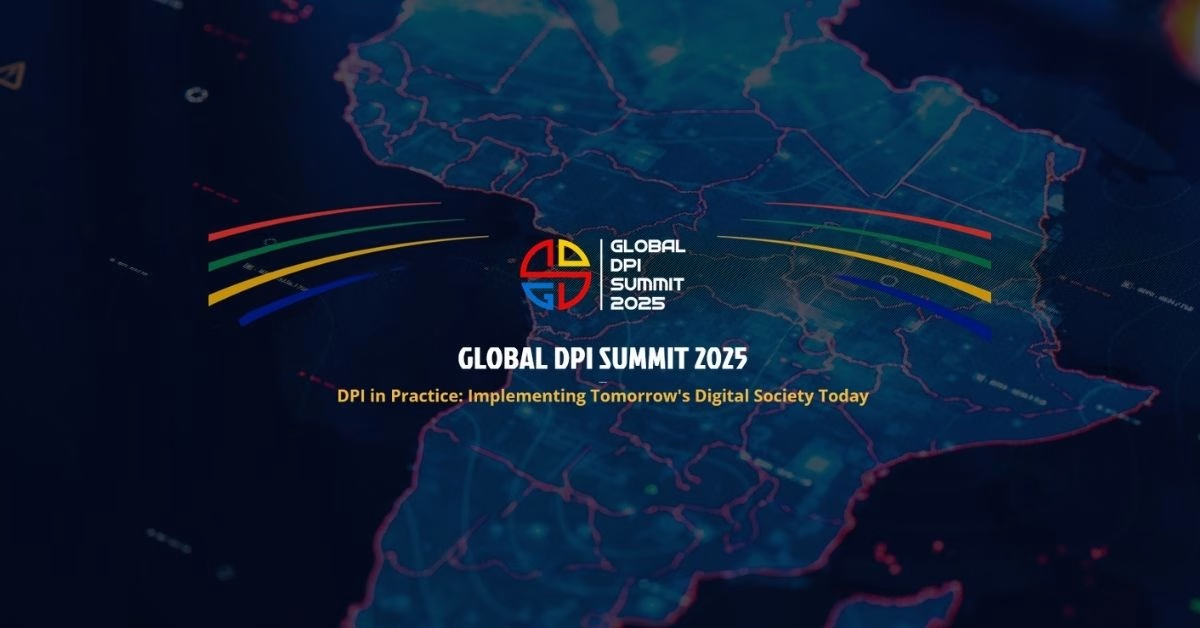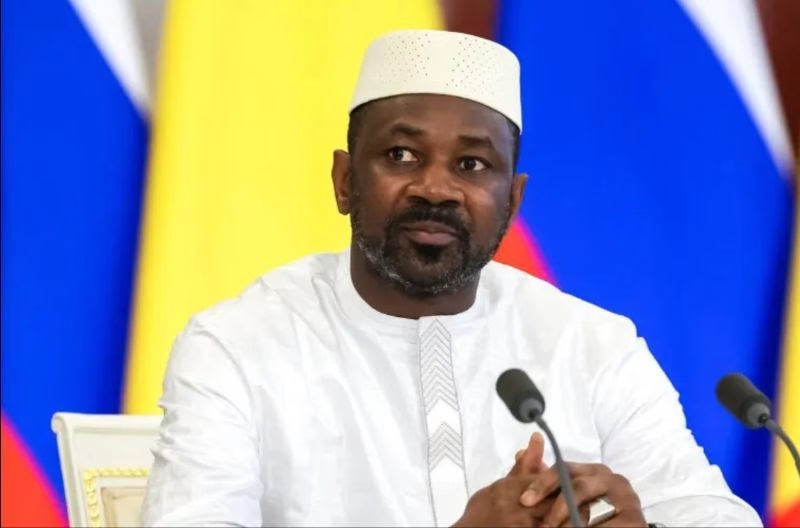In the face of the pandemic, the world mobilised to develop Covid-19 vaccines at a pace faster than any seen in history. But Global South countries are still left severely lacking and may see virtually no vaccines for years to come unless something changes urgently, says Sita Cacioppe, Head of Health Sector, at IsraAid the largest humanitarian aid organisation in Israel.
In December 2020, when a vaccine made by Pfizer together with German biotech firm BioNTech became the first fully tested immunisation to be approved for emergency use, the world’s paradigm of the possibilities in vaccine development shifted. The development of a vaccine in under a year is unheard of. The fastest vaccine development before Covid-19 was for the mumps virus, which was developed in four years during the 1960s.
Given the severity of the pandemic, worldwide cooperation and massive funding allowed firms to run multiple trials in parallel, while social and political urgency expedited regulators. A combination of resources, public and private sector support, existing technology, and more all contributed to the speedy development of the vaccine, and as of mid-August 2021, statistics reveal that 31.4% of the world population has received at least one dose of a COVID-19 vaccine, and 23.6% is fully vaccinated. Globally 4.72 billion doses have been administered, with 35.64 million now administered every day.
Although these numbers are remarkable, only 1.3% of people in low-income countries have received at least one dose. Inequalities throughout the world in terms of access and the need to scale up production to ensure Global South countries get the doses they desperately need are derailing the advances of vaccine science.
A shortage of resources, lack of funds, shortage of healthcare workers, overcrowded hospitals, lack of infrastructure, clear leadership and access to information are all factors that are worsening the situation in the Global South. Recently the World Bank announced that it is providing over $4 billion for the purchase and deployment of Covid-19 vaccines for 51 developing countries, half of which are in Africa. While this is a substantial boost, there are still likely to be challenges faced at every step of the process.
A recent call by the World Health Organisation for a temporary moratorium on the use of Covid-19 vaccine booster shots by wealthy countries brings one of these challenges directly into the spotlight. The moratorium aims to get enough vaccine supply into COVAX, the WHO-led international distribution system, to vaccinate 10% of the populations of all countries. According to the World Health Organization Director-General, Tedros Adhanom Ghebreyesus, of the 4 billion plus vaccine doses that have been administered globally to date, more than 80% have gone to high-income countries that account for less than half of the world’s population. In some of these countries, people are receiving their third booster shot, when in fact the global priority should be on increasing supplies of first doses to countries that are still struggling to protect front line health workers and older adults.
The immense task of allocation, distribution and administration of vaccines intended to reach entire populations is another challenge that must be addressed urgently. The Kingdom of Eswatini, for example, has the highest HIV prevalence in the world, and because of this experience, the existing healthcare network that they have spent years building and strengthening are currently driving forward a successful Covid-19 vaccination rollout. From a population of 1.15 million people, the 800 000 who are eligible to be vaccinated are planned to have received theirs by the end of 2021. But, on the flipside, twenty African countries have used less than 50% of the doses received, while twelve have more than 10% of their AstraZeneca doses at risk of expiring by the end of August due to challenges In rolling out their vaccines. Proof that cognizance must be taken from the way Eswatini’s vaccination is being rolled out so that those following suit can be successful.
The longer it takes to eradicate the virus globally the more it can mutate and possibly reduce the effectiveness of the vaccines which should be a red flag for countries across the globe. The global north must take immediate action to mobilise every possible resource to ensure vaccines reach the most vulnerable to give them an equal shot at recovery. Not only does this include getting vaccines into countries, it also must include supporting existing infrastructure therein to get vaccines to target populations and into arms.











